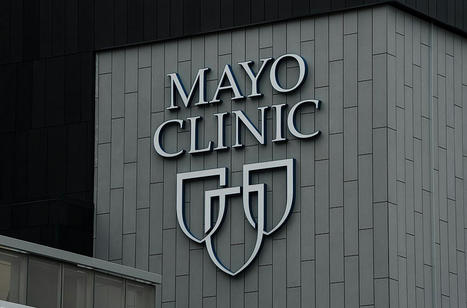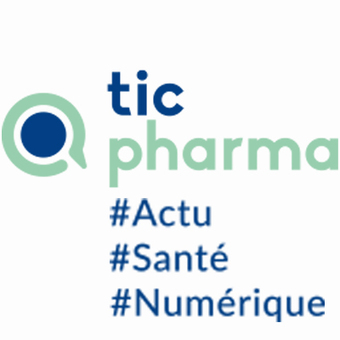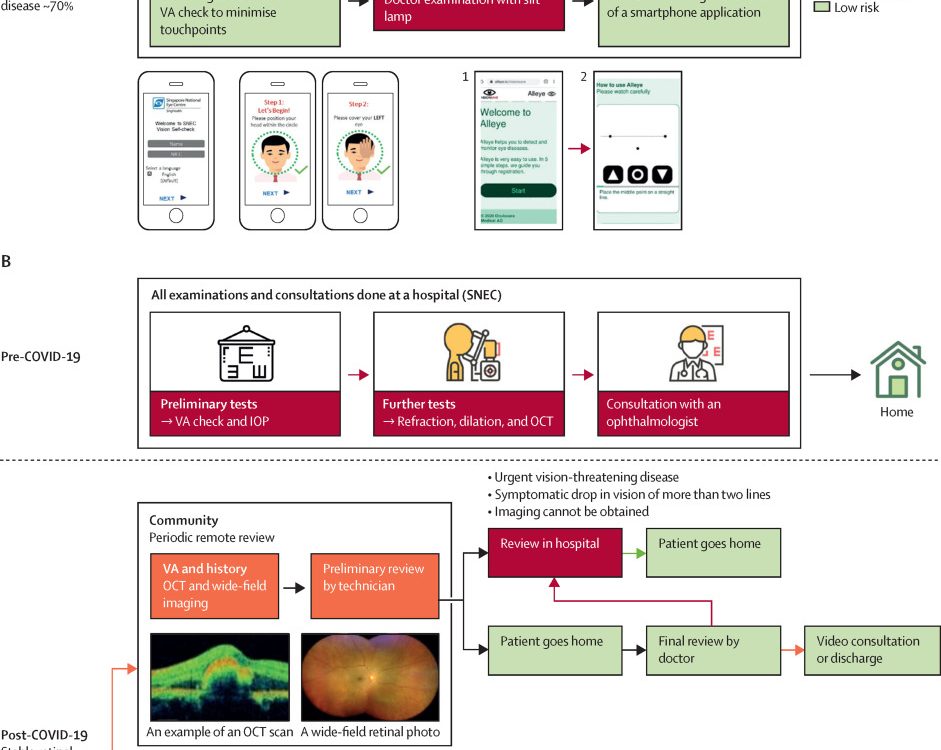Pharmageek

The Intelligent Vaccine Impact solution promises to increase the “availability and equitable access” of vaccines while assisting governments in the distribution process.
Lire l'article complet sur : www.mobihealthnews.com
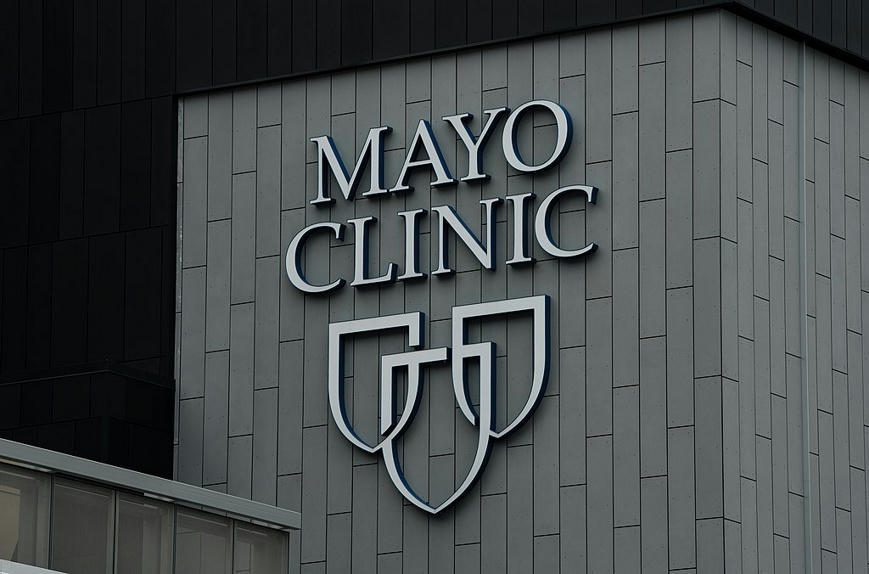
After launching a data analytics collaboration one year and one pandemic ago, the Mayo Clinic and nference say they plan to expand their partnership to include research projects in digital pathology and heart rhythm diagnostics.
In January 2020, shortly after backing its $60 million series B round, the Mayo Clinic tapped nference to build an artificial intelligence-powered engine that would take years of clinical records—including millions of tissue slides and physician-written notes—and transform them all into an annotated database capable of being used for research.
"We have built a software platform that brings vast, curated quantities of scientific and biological knowledge―previously siloed and inaccessible―to researchers' and clinicians' fingertips so they can, for the first time, draw on the collective wisdom and experience of millions of scientists, physicians and patients,” said nference co-founder and CEO Murali Aravamudan.
Lire l'article complet sur : www.fiercebiotech.com
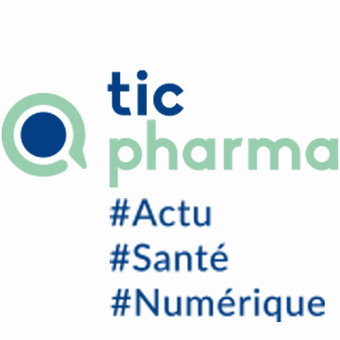
PARIS (TICpharma) - La start-up Kelindi a lancé le 12 janvier son application web CovidAnosmie, destinée à aider les patients souffrant d'une anosmie prolongée causée par le Covid-19 à récupérer leur odorat "à partir d'un protocole de rééducation spécifique à la maison", a expliqué à TICpharma le Pr Fabrice Denis, cofondateur de la société et concepteur de l'outil.
Lire l'article complet sur : www.ticpharma.com
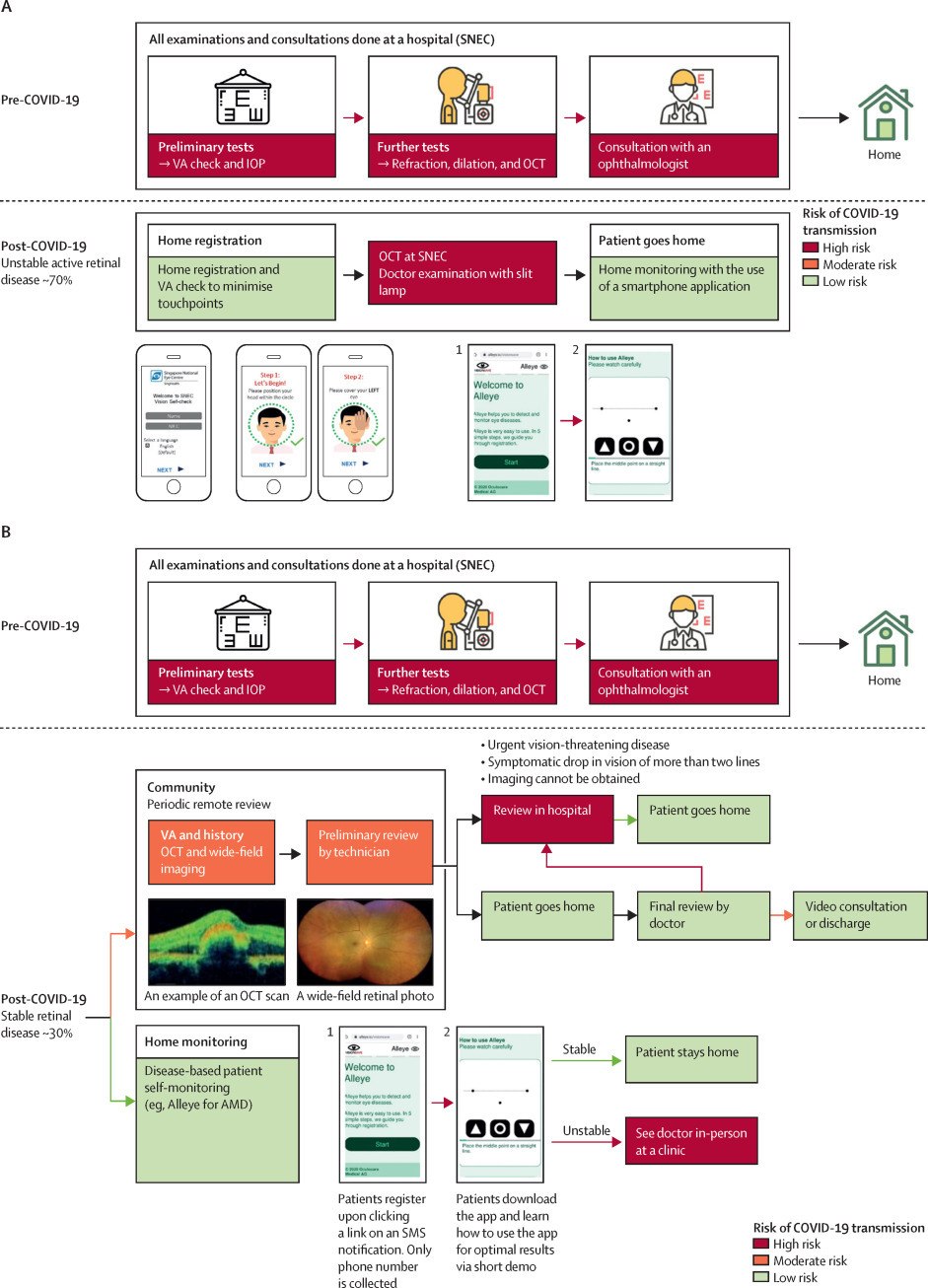
The COVID-19 pandemic has resulted in massive disruptions within health care, both
directly as a result of the infectious disease outbreak, and indirectly because of
public health measures to mitigate against transmission. This disruption has caused
rapid dynamic fluctuations in demand, capacity, and even contextual aspects of health
care. Therefore, the traditional face-to-face patient–physician care model has had
to be re-examined in many countries, with digital technology and new models of care
being rapidly deployed to meet the various challenges of the pandemic.
Lire l'article complet sur : www.thelancet.com



